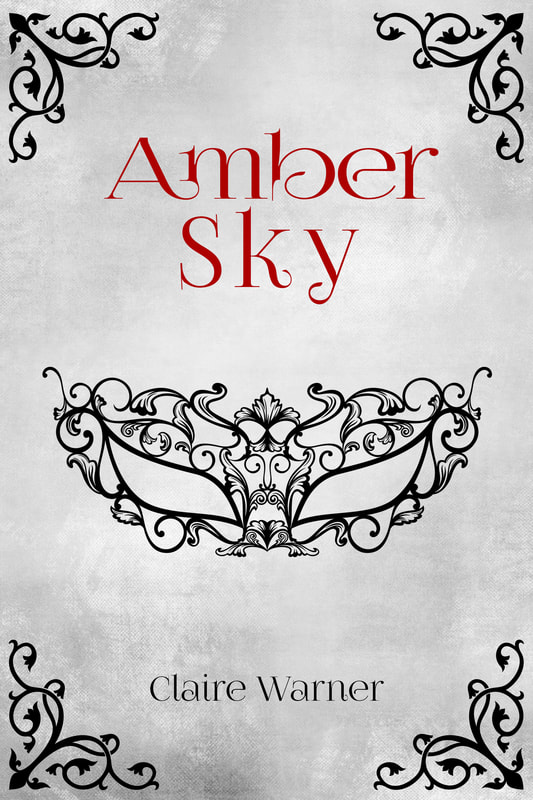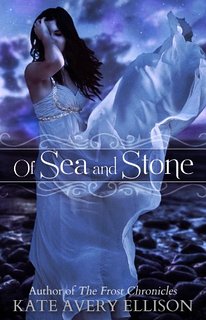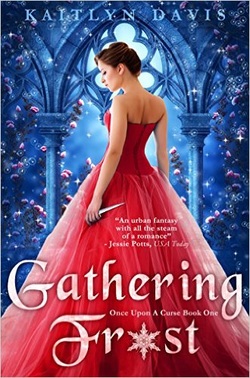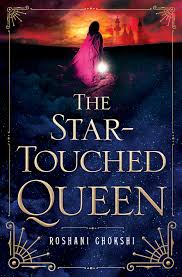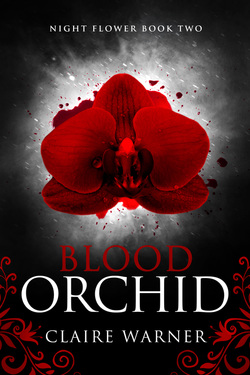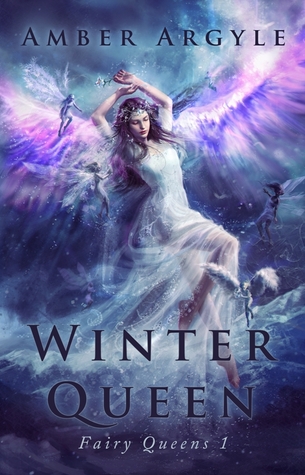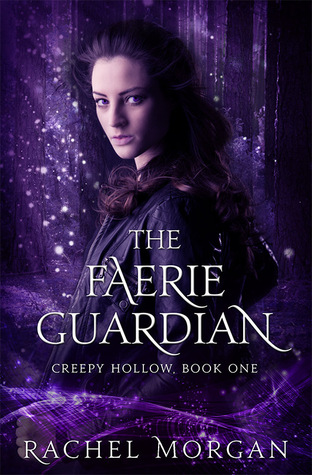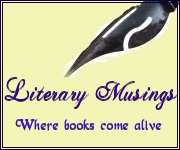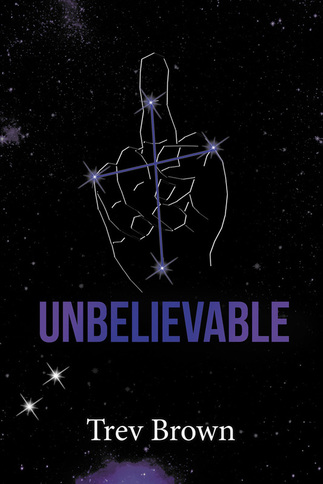
Title: Unbelievable
Author: Trev Brown
Genre: Literary Fiction
Starting in the 1970s, an adventure which follows the trials and tribulations of a young guy trying to make an improvement in his nation's agricultural and industrial initiatives. He finds that good things can happen from bad, and bad things can happen from good. The story contains an underlying indigenous theme.
Author: Trev Brown
Genre: Literary Fiction
Starting in the 1970s, an adventure which follows the trials and tribulations of a young guy trying to make an improvement in his nation's agricultural and industrial initiatives. He finds that good things can happen from bad, and bad things can happen from good. The story contains an underlying indigenous theme.
At age 59, this book was started over 20 years ago. Now a retired teacher and full time carer of an invalid father residing in Forster NSW. When the book was being written, the thought of a musical came to mind. With a little help from his friends, the author completed the musical in 2003. The cost of publication has always been a worry. His second book “Trolling For Sharks” was released on Keeaira Press in 2005.
Links
http://trev-brown.com
Buy on Amazon (Paperback): http://www.amazon.com/UNBELIEVABLE-Trevor-Brown/dp/1742845223/ref=sr_1_1?ie=UTF8&qid=1431641259&sr=8-1&keywords=9781742845227
Buy on Amazon (Kindle): http://www.amazon.com/Unbelievable-Trevor-Brown-ebook/dp/B00WS8YDIM/ref=tmm_kin_swatch_0?_encoding=UTF8&qid=1431641259&sr=8-1
Buy on Bookpal: http://my.bookpal.com.au/Bookstore/b/10808-UNBELIEVABLE
Links
http://trev-brown.com
Buy on Amazon (Paperback): http://www.amazon.com/UNBELIEVABLE-Trevor-Brown/dp/1742845223/ref=sr_1_1?ie=UTF8&qid=1431641259&sr=8-1&keywords=9781742845227
Buy on Amazon (Kindle): http://www.amazon.com/Unbelievable-Trevor-Brown-ebook/dp/B00WS8YDIM/ref=tmm_kin_swatch_0?_encoding=UTF8&qid=1431641259&sr=8-1
Buy on Bookpal: http://my.bookpal.com.au/Bookstore/b/10808-UNBELIEVABLE
Guest Post
10 things you don't know about Trev Brown
-Born in Albury on the NSW, Victorian border when it was a country town and not a city.
-Moved to Dural on the outskirts of Sydney at the age of four. Lived in a run down hovel where the spiders were bigger than the rats, until my farther found a suitable property at Galston to build a hobby farm.
-Lived at Galston for fourteen years. Helped my parents establish a small orchard of peaches and plums. We also had varying degrees of success with geese and tomatoes.
-Took an interest in agriculture and sat for an entrance exam to James Ruse Agricultural High. Made it to state level in swimming and high jumping.
-Became disillusioned with the strict authoritarian nature of James Ruse with its overzealous prefects and transferred to Asquith Boys High for my senior years.
-Studied architecture at NSW Institute of Technology until the building collapse in 1976, so then
took a scholarship for teaching Industrial Arts at Goulburn CAE, which is now the police academy.
-First teaching position was at Angurugu on Groote Eylandt in the Northern Territory. This is where I developed an interest in the indigenous culture. The book 'Trolling for Sharks' was penned from my exploits on Groote.
-Married twice. Mitchell and Tahlia from my first marriage. Monique from my second.
-Moved to Cairns where I taught at Trinity Bay High for four years, then to the Gold Coast where I taught at Coombabah High for twenty two years.
-Moved to Forster to look after my invalid parents. Mum passed away on Friday the thirteenth 2013.
My favourite authors.
Top of the list would be David Baldacci. Not only for the subject matter but also his style of writing. He also shares my thoughts on the fact that governments are not to be trusted. He is obviously well travelled and must do vast amounts of research before putting pen to paper.
The Australian Robert G Barrett has always been a favourite with his Australiana mixed with unbelievable plots. He also has a sense of humour that I aspire to.
Many other authors I have admired include Stephen King, Wilbur Smith, John Grisham and Lee Childs. However, I get my motivation from Australian authors who often only write the one manuscript. Tales of outback Australia, and the hardship they suffered. How they improvised and made do with what they had. Interesting facts such as many of the North Queensland Aborigines were actually cannibals, or that the early settlers considered Aboriginals as some sort of vermin which should be eradicated by any means possible. All this history was not so very long ago.
These types of books provide a snapshot of what was actually happening when the book was written. In all my schooling, so many historical facts were omitted. In deed I knew more about the history of Europe than of that of Australia.
Why are book covers so important.
We all know the saying 'you can't judge a book by its cover', however a book with a cover that catches the eye is more likely to be picked up by a reader. Nowadays I usually look for the author. This is why in many instances you will find the author's name in bigger font than the title of the book. I find this somewhat pretentious and besides that, I'm virtually an unknown author.
I prefer covers that convey some form of meaning. Like a charade for the mind where the symbolism has to be deciphered. There are quite a few meanings hidden in the cover of 'Unbelievable'. The raised middle finger, or 'the bird' as it is known in Australia, is not only a rude gesture, but also a defiance to authority. How ancient astronomers could find a configuration of scattered stars and claim them to be a crab or a lion or so forth is beyond me. The fact that this particular book is part one is also a factor in my choice of cover design. Watch for part two.
The cover to my first book 'Trolling For Sharks' is of my teaching assistant, Elvis' spearing barramundi in the tidal channels left behind when the tide recedes up to three miles out to sea. The title itself is a euphemism used by locals for people silly enough to water ski in shark and crocodile infested waters
The most common mistakes when writing
I learnt the hard way by making many of them.
- If you have a family, don't become so engrossed in your writing that you ignore them. Make sure you put aside adequate time at appropriate times to show that you are interested in them. Your children grow up so quick so make sure there were lots of good times for them to remember. Oh, and this also applies to your spouse.
- Do not become too intricate or involved with the technical detail so that you lose the interest of your reader. Try to keep things in leymans terms. Sometimes it may be necessary to include precise technical detail but this should only be done if it is necessary to assist in the development of the plot.
- Under no circumstances try to add to your manuscript when you are either intoxicated or under the influence of some mind altering drug. You may feel at the time that you are writing the most important, thought provoking, stimulating or exciting piece of work ever written, but the next day when you read the efforts of your labours the night before? That's correct, its usually 'what the fuck' , did I write this shit? Writing is a discipline requiring the author to remain focussed as to ensure consistency and continuity.
How I write
My first book was simply putting down in words my experience. As I visited my old friends they would always want to know what it was like living in a remote community. I found myself repeating the same stories time and time again. It seemed only logical to write these stories down in some form of chronological format. That way they could read them and all I had to do was embellish the stories where I thought appropriate. This way was much easier and my audience had a tactile reference point.
-Start with an introduction. Select your topics and put them in order. Form a conclusion.
When it came to fictitious writing, the process becomes much more complex. I have to marry my own experiences with my imagination and then add quite a slice of research. I chose the title 'Unbelievable' because the subject matter was fictitious. However, most of the manuscript is believable given the time and place in which it was set.
Again, an introduction. In this case a fictitious Aboriginal legend which sounds not too different from those that already exist. The theme of 'Looking after the land' is established. Next I introduce the main character along with a time and a setting. The conclusion is jotted down and put aside.
The plot is slowly pieced together from different ideas I would like to include. These ideas are then structured into a sequence and then elaborated on. The entire book is put together and then starts the re-writes. 'Unbelievable' went through five re-writes or transformations as I call them. Eventually I settled on re-write number four with numerous inclusions which brought it more up to date.
Deadlines
Luckily I have never had to write to a deadline. Sometimes I would leave the writing for weeks but there were other times I would write twelve hours a day for months on end. As with my song writing, I see them as passing thoughts which I grab and write down before they pass away.
I have experienced writers block, but this was only when I was under pressure to complete a song before the mobile studio moved on. I do have several incomplete songs floating around, but these can wait.
The only deadline I have experienced in terms of writing has been completing a blog in order to release the book. I know my publicist says there is no hurry though I am sure she would like to see my file closed and removed from her desk.
-Born in Albury on the NSW, Victorian border when it was a country town and not a city.
-Moved to Dural on the outskirts of Sydney at the age of four. Lived in a run down hovel where the spiders were bigger than the rats, until my farther found a suitable property at Galston to build a hobby farm.
-Lived at Galston for fourteen years. Helped my parents establish a small orchard of peaches and plums. We also had varying degrees of success with geese and tomatoes.
-Took an interest in agriculture and sat for an entrance exam to James Ruse Agricultural High. Made it to state level in swimming and high jumping.
-Became disillusioned with the strict authoritarian nature of James Ruse with its overzealous prefects and transferred to Asquith Boys High for my senior years.
-Studied architecture at NSW Institute of Technology until the building collapse in 1976, so then
took a scholarship for teaching Industrial Arts at Goulburn CAE, which is now the police academy.
-First teaching position was at Angurugu on Groote Eylandt in the Northern Territory. This is where I developed an interest in the indigenous culture. The book 'Trolling for Sharks' was penned from my exploits on Groote.
-Married twice. Mitchell and Tahlia from my first marriage. Monique from my second.
-Moved to Cairns where I taught at Trinity Bay High for four years, then to the Gold Coast where I taught at Coombabah High for twenty two years.
-Moved to Forster to look after my invalid parents. Mum passed away on Friday the thirteenth 2013.
My favourite authors.
Top of the list would be David Baldacci. Not only for the subject matter but also his style of writing. He also shares my thoughts on the fact that governments are not to be trusted. He is obviously well travelled and must do vast amounts of research before putting pen to paper.
The Australian Robert G Barrett has always been a favourite with his Australiana mixed with unbelievable plots. He also has a sense of humour that I aspire to.
Many other authors I have admired include Stephen King, Wilbur Smith, John Grisham and Lee Childs. However, I get my motivation from Australian authors who often only write the one manuscript. Tales of outback Australia, and the hardship they suffered. How they improvised and made do with what they had. Interesting facts such as many of the North Queensland Aborigines were actually cannibals, or that the early settlers considered Aboriginals as some sort of vermin which should be eradicated by any means possible. All this history was not so very long ago.
These types of books provide a snapshot of what was actually happening when the book was written. In all my schooling, so many historical facts were omitted. In deed I knew more about the history of Europe than of that of Australia.
Why are book covers so important.
We all know the saying 'you can't judge a book by its cover', however a book with a cover that catches the eye is more likely to be picked up by a reader. Nowadays I usually look for the author. This is why in many instances you will find the author's name in bigger font than the title of the book. I find this somewhat pretentious and besides that, I'm virtually an unknown author.
I prefer covers that convey some form of meaning. Like a charade for the mind where the symbolism has to be deciphered. There are quite a few meanings hidden in the cover of 'Unbelievable'. The raised middle finger, or 'the bird' as it is known in Australia, is not only a rude gesture, but also a defiance to authority. How ancient astronomers could find a configuration of scattered stars and claim them to be a crab or a lion or so forth is beyond me. The fact that this particular book is part one is also a factor in my choice of cover design. Watch for part two.
The cover to my first book 'Trolling For Sharks' is of my teaching assistant, Elvis' spearing barramundi in the tidal channels left behind when the tide recedes up to three miles out to sea. The title itself is a euphemism used by locals for people silly enough to water ski in shark and crocodile infested waters
The most common mistakes when writing
I learnt the hard way by making many of them.
- If you have a family, don't become so engrossed in your writing that you ignore them. Make sure you put aside adequate time at appropriate times to show that you are interested in them. Your children grow up so quick so make sure there were lots of good times for them to remember. Oh, and this also applies to your spouse.
- Do not become too intricate or involved with the technical detail so that you lose the interest of your reader. Try to keep things in leymans terms. Sometimes it may be necessary to include precise technical detail but this should only be done if it is necessary to assist in the development of the plot.
- Under no circumstances try to add to your manuscript when you are either intoxicated or under the influence of some mind altering drug. You may feel at the time that you are writing the most important, thought provoking, stimulating or exciting piece of work ever written, but the next day when you read the efforts of your labours the night before? That's correct, its usually 'what the fuck' , did I write this shit? Writing is a discipline requiring the author to remain focussed as to ensure consistency and continuity.
How I write
My first book was simply putting down in words my experience. As I visited my old friends they would always want to know what it was like living in a remote community. I found myself repeating the same stories time and time again. It seemed only logical to write these stories down in some form of chronological format. That way they could read them and all I had to do was embellish the stories where I thought appropriate. This way was much easier and my audience had a tactile reference point.
-Start with an introduction. Select your topics and put them in order. Form a conclusion.
When it came to fictitious writing, the process becomes much more complex. I have to marry my own experiences with my imagination and then add quite a slice of research. I chose the title 'Unbelievable' because the subject matter was fictitious. However, most of the manuscript is believable given the time and place in which it was set.
Again, an introduction. In this case a fictitious Aboriginal legend which sounds not too different from those that already exist. The theme of 'Looking after the land' is established. Next I introduce the main character along with a time and a setting. The conclusion is jotted down and put aside.
The plot is slowly pieced together from different ideas I would like to include. These ideas are then structured into a sequence and then elaborated on. The entire book is put together and then starts the re-writes. 'Unbelievable' went through five re-writes or transformations as I call them. Eventually I settled on re-write number four with numerous inclusions which brought it more up to date.
Deadlines
Luckily I have never had to write to a deadline. Sometimes I would leave the writing for weeks but there were other times I would write twelve hours a day for months on end. As with my song writing, I see them as passing thoughts which I grab and write down before they pass away.
I have experienced writers block, but this was only when I was under pressure to complete a song before the mobile studio moved on. I do have several incomplete songs floating around, but these can wait.
The only deadline I have experienced in terms of writing has been completing a blog in order to release the book. I know my publicist says there is no hurry though I am sure she would like to see my file closed and removed from her desk.
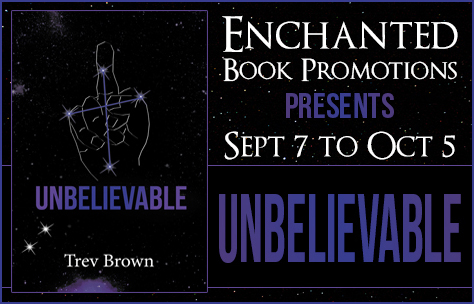
 RSS Feed
RSS Feed
